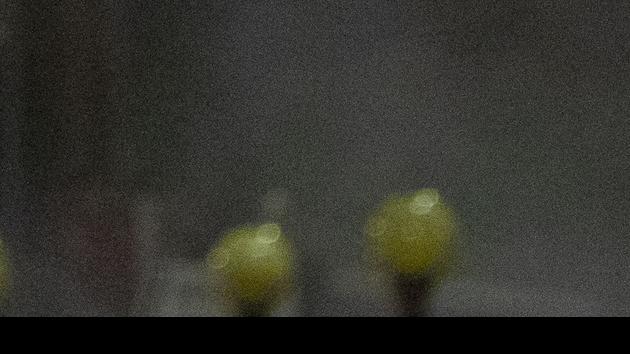Jeremy Stubbs is Chairman of the British Conservative Party in Paris, Affiliate Professor at ESCE International Business School in Paris, and Deputy Editorial Director of Causeur.
FIGAROVOX.-Violent demonstrations took place from March 29 to April 9 in Northern Ireland.
What was the profile of the rioters?
Is this a resurgence of the conflict between unionists and nationalists?
Jeremy STUBBS.-
The
vast
majority were young people, some of whom were only 12 or 13 years old, from Protestant and Unionist backgrounds.
They attacked the police, attacking the police as well as vehicles and police stations.
Two nights in a row, there were clashes with groups of nationalists through a gate in the wall that separates the two communities in West Belfast.
However, community tensions were not the direct cause of this violence, the main target of which was the police.
It all started with a generalized discontent felt by a section of the Unionist community, undoubtedly aggravated by the boredom caused by the confinement which must weigh even more heavily on the youth than on the rest of the population.
The delicate balance that peace represents today can always be upset if one or the other of the two camps believes itself the victim of an injustice, of the kind "Two weights, two measures".
It may also be that young people have been instrumentalized by the bosses seeking revenge against the police.
Some bands of former paramilitaries, whether unionists or nationalists, are now engaged in criminal activities such as drug trafficking.
Recent police operations targeting loyalist-led gangs may have provoked the ire of gang leaders.
Read also:
Anger is brewing in Northern Ireland
Another element was the announcement on March 30 that the prosecution had decided not to prosecute 24 officials of the Nationalist Party, Sinn Féin, including the Deputy Prime Minister of the Northern Irish Executive, who had attended. , on June 30 of last year, at the funeral of Bobby Storey, a former IRA official and Sinn Féin politician - despite the distancing measures imposed by the pandemic.
Perhaps 2,000 people turned out for the event, while Protestants were unable to attend their funerals and had to forgo their traditional parades which culminate on July 12.
The delicate balance that peace represents today can always be upset if either side believes itself to be the victim of a
double standard
of injustice
.
Finally, Brexit is not absent from this mixture of toxic ingredients.
Brexit has undoubtedly exacerbated the problem of the border between Northern Ireland and the Republic of Ireland.
What is the relationship between Brexit and its clashes?
Brexit has undoubtedly exacerbated the problem of the border between Northern Ireland and the Republic of Ireland.
Signed in 1997, the two Belfast agreements, known as the “
Healthy Friday
t”, were able to bring about relative peace, not by erasing this border, since it still exists and separates two political, administrative and legal systems, but by making it virtually invisible.
Nationalists living on the north side of the demarcation line, and citizens of the Republic to the south, can cross it freely in either direction with the feeling, albeit superficial but satisfying, of living in one country, Ireland.
To read also:
"The British conservative base remains largely acquired with Boris Johnson"
This was not a problem for Unionists since they knew they were living in the UK.
Until the arrival of Brexit.
Because this creates a more or less visible customs border in the Irish Sea.
The degree of visibility of this maritime border is dictated by the content of the trade agreement between the United Kingdom and the European Union, concluded at the eleventh hour in December.
The translation of the details of this agreement into the practical reality of the flow of goods across the Irish Sea (in an east-west direction) is still at an experimental stage.
The difficulties and the hiccups that have resulted since the beginning of the year have given this border a visibility that is embarrassing to say the least.
The Unionists must absolutely not believe themselves cut off from Great Britain so that the nationalists can feel themselves citizens of the Republic.
What solutions to reach a consensus and not to weaken the peace?
The only possible consensus is “
live and let live
”.
The authorities - those in Northern Ireland as well as those in the United Kingdom, the Republic of Ireland and the European Union (that's a lot!) - must ensure that neither side feels injured for the benefit of the other.
The Northern Ireland Protocol, approved by the EU and the UK government, governs this border issue.
The Unionists must absolutely not believe themselves cut off from Great Britain so that the nationalists can feel themselves citizens of the Republic.
Boris Johnson's government and the European Commission are currently negotiating to find a modus vivendi for trade across the Irish Sea.
In Europe, some are throwing stones at Boris Johnson, accusing him of not respecting either the Protocol or the trade agreement.
In fact, the extremely delicate situation is more complex.
The government of the Irish Republic has reminded the EU that peace in Ireland depends on a balance which must not be jeopardized, even temporarily, by the ups and downs of trade negotiations.

